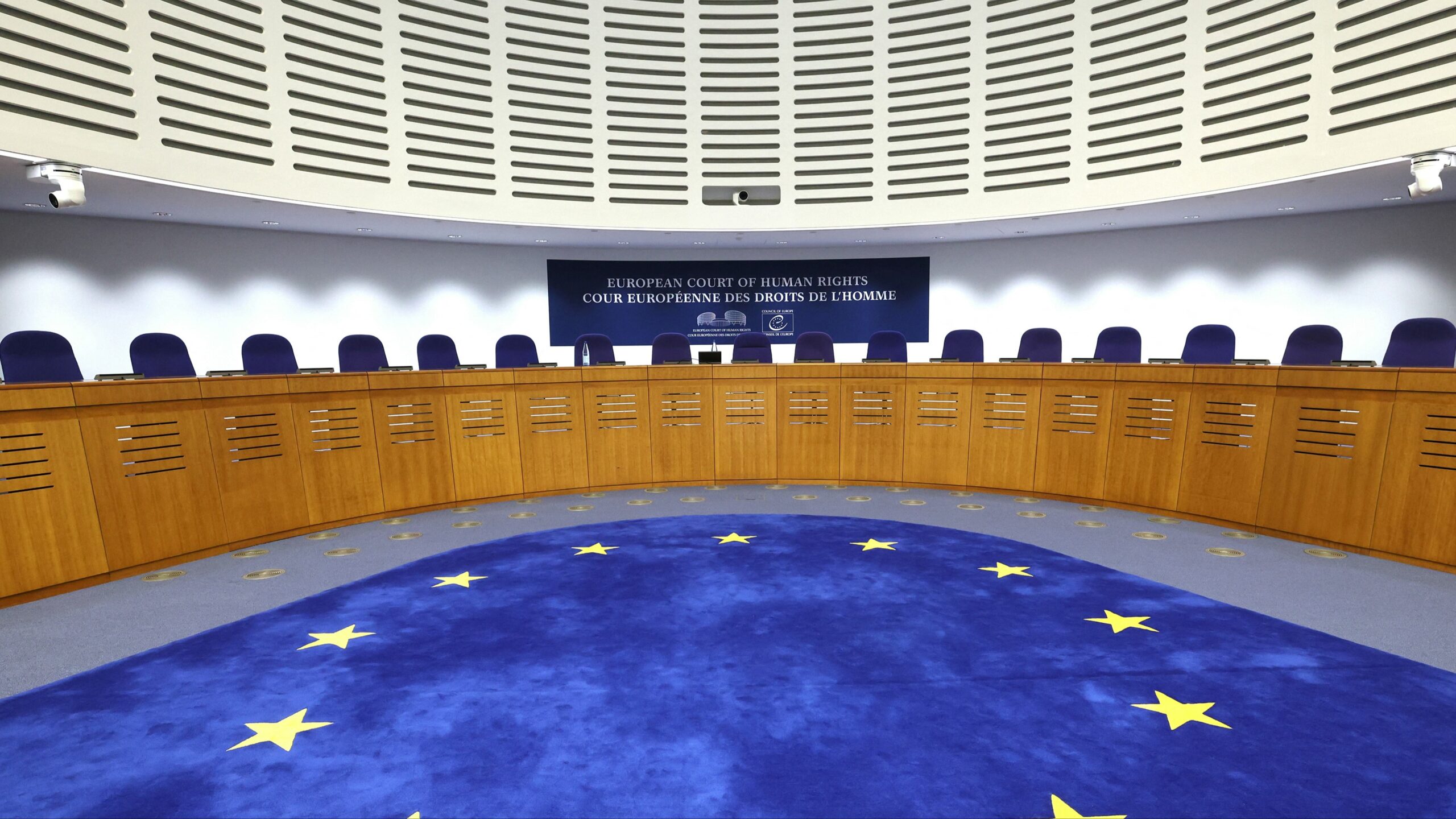
Editor’s note: the economics of climate inaction

The latest edition of our Sustainable Views newsletter
Dear reader,
“Proportionate” and “pragmatic” is how UK Prime Minister Rishi Sunak described his vision of the transition to net zero last year. Various politicians in the UK and elsewhere have recently made similar noises.
A study released yesterday shows average incomes will be almost a fifth lower within the next 26 years because of the impacts of climate change (compared to a world without climate impacts) with more frequent and intense extreme weather causing $38tn of destruction a year by mid-century. These figures are not what might happen, but what scientists, having studied data from more than 1,600 regions worldwide over the past 40 years, conclude will happen given the level of warming already taking place. Further, “these damages already outweigh the mitigation costs required to limit global warming to 2C by sixfold”.
In other words, it would be a hell of a lot more pragmatic and proportionate to fully invest now in the transition and in adaptation measures than pandering to certain vested interests and suggesting to the public and businesses they will be better served by a go-slow transition.
The physical and economic damage will be global, warns the study. Lead author Leonie Wenz from the Potsdam Institute for Climate Impact Research underlines “almost all countries around the world” will be impacted, including “highly-developed ones such as Germany, France and the US”. She also warns failing to “cut down our emissions drastically and immediately”, could lead to average income losses of 60 per cent by the end of the century.
“Protecting our climate is much cheaper than not doing so, and that is without even considering non-economic impacts such as loss of life or biodiversity,” says Wenz.
Pilar Garrido, director for development co-operation at the OECD, and Kampeta Sayinzoga, CEO of the Development Bank of Rwanda, argue in Sustainable Views that innovative financial instruments such as sustainability-linked bonds — where issuers set sustainability targets and the bonds’ coupon payments adjust depending on whether these are met — are one way of ramping up climate and development finance.
“Governments around the world are struggling with severe and overlapping crises, and increasing financing needs,” they write. “Official development assistance, which reached $223.7bn in 2023, is a crucial part of the response, but filling the annual $3.9tn financing gap that is stopping developing countries from achieving their sustainable development goals will require the effective mobilisation of additional private finance.”
A report by investment bank UBS finds the agriculture and food industry needs annual investment of $200bn-$500bn to reverse its negative impacts on health, the climate and nature, and turn it into a sector that generates as much as $5tn a year in positive impacts. According to the report, the agri-food industry today creates $15tn a year in “negative externalities” on health, climate and poverty, including increasing rates of deforestation, fertiliser pollution and food insecurity as more extreme weather hits harvests.
Some more food for thought for Sunak comes in a report written for the UK government. It warns unless solutions are found to remove supply chain challenges affecting renewable energy, improve planning consent and grid connections, and to grow a skilled workforce of design and commission engineers, project managers and installation technicians, the UK’s clean energy ambitions will not be met.
Meanwhile, the saga around the use of carbon credits continues with guidelines from the International Emissions Trading Association for the “high integrity use of carbon credits”, recommending companies can use credits to meet interim, or short-to-medium-term, Scope 1, 2 and 3 emissions goals.
“Companies should not be allowed to use offsets instead of implementing reduction measures within their supply chains,” says Juliette de Grandpré from the NewClimate Institute. “Considering the low price of offsets, counting offsets towards Scope 1, 2 and 3 targets will dramatically reduce the incentives for companies to reduce their own emissions, putting global net zero at risk.”
Until tomorrow.
Similar Articles

Editor’s note: a kaleidoscope of perspectives

Editor’s note: China’s cheap EVs


